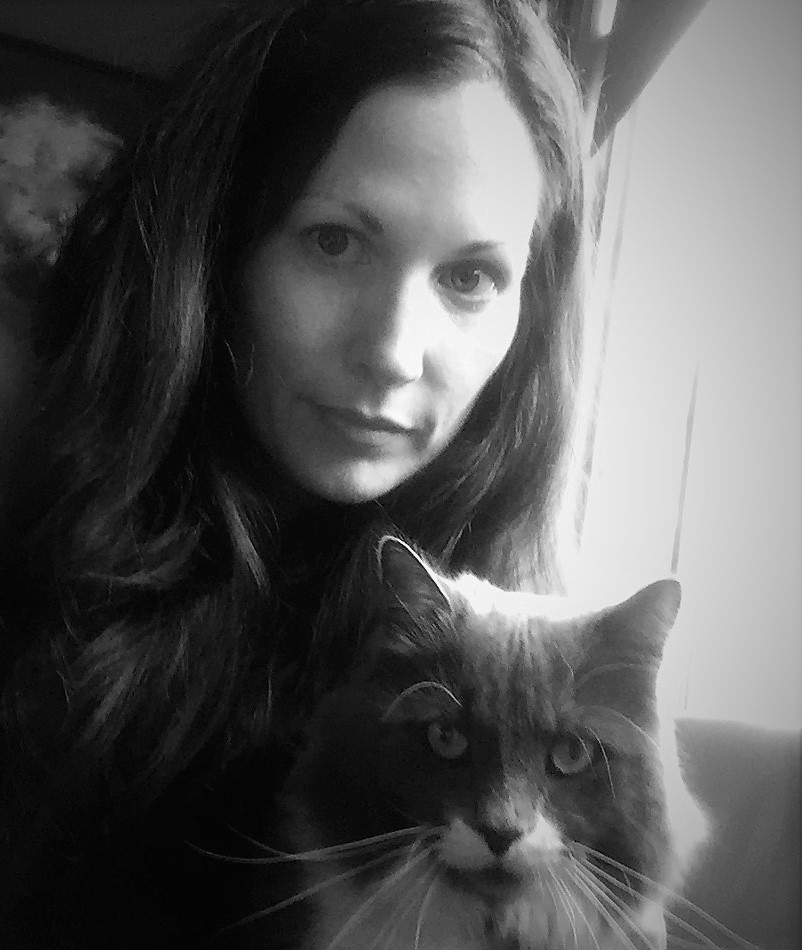|
The anxiety of project deliverable dates. Kevin has graciously allowed me to champion this post as deadlines are not his expertise. He only knows the deadline for when he has to use the litterbox. For me, everyday for the past few years have hosted a deadline in some fashion. Some of the deadlines heavy and serious, others were little items that could jeopardize the project later on. The need for the team and myself to produce quickly and efficiently is staggering when I take the time to reflect on my work history.
The adrenaline spikes, anxiety, snacking on treats to fuel the buzz of being "in-the-zone" of concentration and neuron connecting extravaganza, can be so fierce that you don't even have time to use the litterbox. I am no expert in managing the pressure of a deadline unfortunately because I function better under pressure of time constraints. Responding to this pressure does not mean that I am always happy or performing with the attention to details to my satisfaction. If you are a high-performer under pressure, the upper management will notice and then you always have work and then more work which can cause work fatigue and burnout. If you are not a high-performer, but your quality is great, then there is a place for that too, but it should be on projects with larger budgets and fussy clients. However, if you are none of the above, then you are a seat-warmer then I hope that you are the office clown so there is a need to keep you around. What I do know about the deadline and anxiety relationship is that the deadlines start from the very top or the leadership team. When these individuals do not understand or listen to issues about the project(s), there is always a less-than-acceptable deadline. Listening to staff and being aware of what can go wrong, team's workloads, and team vacation calendars, can keep deadlines in the realm of realistic. There are clients that pay their bills that you want to have or to keep, who will push and demand the unachievable. In this yes-person client kiss-@ss case, all project players must understand and agree that the requirements for the project exceeds normal. It can be hard to get this agreement of terms in a document signed by the client, but a constant reminder with examples by the project manager can help reinforce what is being expected for a deliverable. Days upon days of deadlines can leave the team tired and resentful if the rest of the office does not have the same timelines to work towards. Asking team members if they are okay with the constant pressure or allowing for enough time-off to regain energy can help keep high-performers from becoming low-performers. If the high-performers see the rest of the office operate at a different level and they are being rewarded the same, they will loose motivation. Deadlines are here to stay as long as the global economics maintain its intensity. The best we can do is to take the time to properly understand what the project constraints are and what issues will slow us down. If we can improve on the most time consuming tasks, then all the better. My heartrate is almost at normal as I am almost finished my own deadline. However, I just realized why it is called a deadline...cause they can kill you if you don't manage them.
0 Comments
Leave a Reply. |
Author(s)Fiona Warren - 17 years experience with large high-profile projects and teams. Archives
April 2018
Categories |



 RSS Feed
RSS Feed